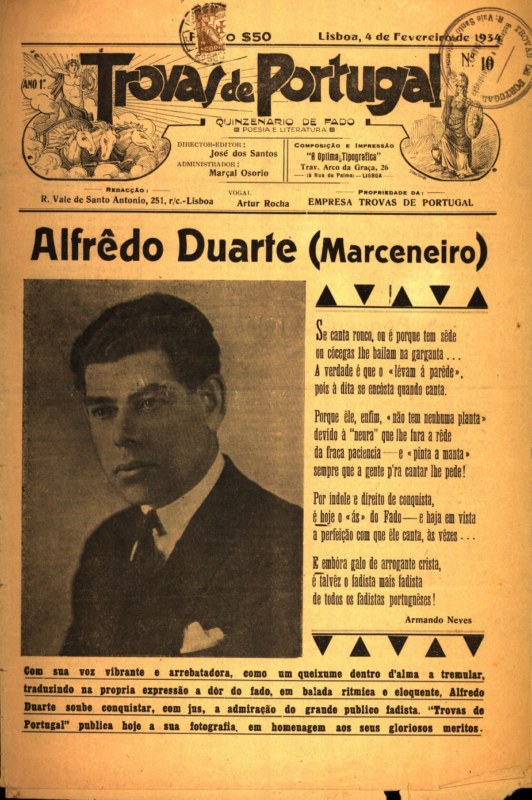Know more:
Alfredo Marceneiro
(N. 29 February, 1888 - M. 26 June, 1982)Alfredo Rodrigo Duarte, better known as Alfredo Marceneiro due to his profession (= joiner), was born in Lisbon on the 29 February 1888, although his identity card reported his birth to the 25 February 1891.
Son of Gertrudes da Conceição and Rodrigo Duarte, Alfredo was the first-born, followed by two brothers - Júlio and Álvaro – and one sister - Júlia.
Upon his father’s death in 1905, when he was only 13, Alfredo Duarte left school and had to work to help support his family. His first job was bookbinder apprentice.
He got in touch with Fado at the popular carnival street festivities called “cegadas”. He then met Júlio Janota who, in addition to participating in the “cegadas”, was a joiner and found him a job as an apprentice at a workshop in the Lisbon district of Campo de Ourique.
Alfredo Duarte began to sing the Fado at popular parties where he went to, from 14 to 17. At that time, in 1908, he made his debut at a “cegada” of poet Henrique Lageosa inspired by the silent movie The Duke of Guise — performing the role of the Duke’s mistress.
Besides participating in the “cegadas”, in which he developed his method of good spelling and sentence splitting, Alfredo Duarte began to sing at charity shows and fado houses like "Caliça", "Bacalhau", "José dos Pacatos", "Cachamorra", "Baralisa" and "Romualdo". But he became famous at the "14", in Largo do Rato.
He was nicknamed "Alfredo Lulu" because he always liked to dress up. But his other nickname, “Joiner” (=Marceneiro) would remain forever and the singer accepted it by singing the lyrics of a poem by Armando Neves, as follows:
This artistic name – “Alfredo Marceneiro” – he got it at a tribute to singers Alfredo dos Santos Correeiro and José Bacalhau, as he himself explains: “One night some friends of mine who had heard me sing in wild parties of my young years invited me to go to Club Montanha (Ritz Club, today). Poet Manuel Soares ran the show and asked: «Who is this young man? What is his name? What is his profession?» Then, as he introduced me to the audience, he forgot my name and announced: «Next we are going to hear the beginner Alfredo... Alfredo... Look, I can’t remember his name. He is Alfredo... Joiner (= Marceneiro)...» And I still am Alfredo Marceneiro." (cf.”Guitarra de Portugal”, 15 July 1946).
Through his long career, although he kept his profession as joiner, Alfredo Duarte was hired to sing at fado houses like "Clube Olímpia", where he sang with Armandinho, Júlio Proença and Filipe Pinto, and then at other establishments like "Boémia", at Travessa da Palha, "Ferro de Engomar", "Castelo dos Mouros", "Solar da Alegria" and "Júlio das Farturas", in which he performed for one year.
In 1924 he entered a fado contest at "Sul-América", a place located at Rua da Palma, where he received the "Gold Medal". Also in 1924 he sang for two months at Chiado Terrasse to liven up the cinema night sessions. He participated in the "Festa do Fado" organised by newspaper "Guitarra de Portugal" at Teatro São Luiz.
From this year onwards his career continued very successfully and he performed at famous fado houses like "Retiro da Severa", "Solar da Alegria" and "Café Mondego". In the late 1940’s he even created his own fado house, "Solar do Marceneiro", but singing only at that place on daily basis was something his mind could not accept to do.
Special reference should be made to certain moments of fame in his long career, e.g. in 1933 the arts show organized at "Júlio das Farturas", in Parque Mayer; in 1936, the second position in the "Marialva" rank, after a contest at "Retiro da Severa"; on the 10 May 1941 another show called "Festa Artística de Alfredo Marceneiro", held at "Solar da Alegria"; and his apotheosis as "Rei do Fado" at "Café Luso", on the 3 January 1948.
In spite of his successful career he never travelled abroad to perform and seldom left Lisbon, although in the 1930’s he joined a few group shows to tour Portugal – such as "Troupe Guitarra de Portugal" with Ercília Costa, Rosa Costa, Alberto Costa, João Fernandes (Portuguese guitar) and Santos Moreira (Spanish guitar); or "Troup Artística de Fados Armandinho", with Armandinho, Georgino Gonçalves, Cecília d’ Almeida, Filipe Pinto and José Porfírio.
Alfredo Marceneiro also performed at theatre shows. In 1930 he joined the cast of the operetta “História do Fado” at the stage of Coliseu dos Recreios, together with Beatriz Costa and Vasco Santana. His performances at theatre stages also included the São Luiz, Avenida, Apolo, Éden-Teatro, Capitólio, Politeama, Maria Vitória and other theatre houses.
In 1939 his live shows with the well-know fado singer Berta Cardoso at Teatro Variedades and Retiro do Colete Encarnado were recorded and subsequently presented in the movie " Feitiço do Império", by António Lopes Ribeiro. "Feitiço do Império" had its premiere in 1940 and continued to be presented until 1952. The cast included Luís de Campos, Isabela Tovar, Francisco Ribeiro (Ribeirinho), António Silva and Madalena Sotto. Regrettably the extant copy at the Portuguese Cinemathèque is rather deteriorated.
His work was not frequently recorded, as he would sing only live at venues considered appropriate. He made his first recording for the Casa Cardoso label in 1930, including the fado themes "Remorso" and "Natal do Criminoso", and soon after he became an exclusive artist of label Valentim de Carvalho. He only recorded four LP’s and three EP’s, the last of which, called "Fabuloso Marceneiro", at 70.
His presence in television shows was also very rare. In 1969 a filmingl team composed of producers Henrique Mendes and Carlos do Carmo, director Luís Andrade and image operator José Maria Tudella had to go to Bairro Alto to accompany the performances of Alfredo Marceneiro and be able to shoot a documentary for the RTP television network. Ten years later, in 1979, his grandson Vítor Duarte persuaded him to accept participating in a RTP programme, which was broadcasted on the 14 January 1980 and published on DVD by the Ovação label in 2007.
In spite of his growing fame and success he kept his profession until the 1930’s and continued to work as a joiner at the workshop of Diamantino Tojal and subsequently at Construções Navais do Arsenal do Alfeite shipyards, later managed by C.U.F.
He only became a fully professional fado singer in 1946, but he kept his joiner’s bench and tools at home and did some work in his spare time. Among such pieces special reference should be made to "A Casa da Mariquinhas", an icon for the history of the Lisbon Fado. It is a woodwork in a 1/10 scale inspired by the lyrics of Silva Tavares, which reconstructs the house described by the poet. This piece is currently part of the permanent exhibition of the Museu do Fado.
Alfredo Marceneiro considered himself a style creator and as such he composed songs that today are classic fados. His first composition was the "Marcha do Alfredo Marceneiro", followed by others like "Fado Laranjeira", "Lembro-me de ti", "Fado Bailado", "Fado Bailarico", "Fado Balada", "Fado Cabaré", "Fado Cravo", "Fado CUF", "Fado Louco", "Mocita dos Caracóis", "Fado Pagem", "Fado Pierrot", "Bêbado Pintor" and "Fado Aida". With the help of Armando Augusto Freire (Armandinho), who wrote down his compositions for him, the fado singer registered his songs at the Sociedade de Escritores e Autores Teatrais Portugueses.
He was the father of five children. The first two, Rodrigo Duarte and Esmeraldo Duarte, resulted from temporary relationships. The other three – Carlos, Alfredo and Aida – were born of his union to Judite de Sousa Figueiredo, his spouse until the time of his death, on the 26 June 1982.
Fado singers and his friends called him "Ti’ Alfredo" (Uncle Alfred). He is still considered one of the greatest fado singers of all times. When he sang, he avoided splitting the verses and did not allow the musical pauses to break the meaning of the sentences. His typical figure, always wearing a beret and a silk scarf around his neck, will be forever remembered together with is particular way of performing, swinging his shoulders and torso and keeping his hands in the pockets.
Alfredo Marceneiro retired in 1963. On the 25 May 1963 a great show was held at Teatro S. Luiz, called "A Madrugada do Fado - Consagração e despedida do Grande Artista Alfredo Duarte Marceneiro" ("The Dawn of Fado – Consecration and Farewell to the Great Artist Alfredo Duarte Marceneiro"). This was not truly a farewell, as Alfredo Marceneiro continued to sing for nearly another two decades.
On the 23 June 1980, at a ceremony held at Teatro São Luiz, Lisbon Mayor Krus Abecassis gave him the Gold Medal of Merit of the City of Lisbon.
Posthumously, the was awarded, on June 201th, 1984, the Commendation of the Order of Infante D. Henrique, by the President of the Portuguese Republic General Ramalho Eanes. The Lisbon Town Council gave his name to a street in the Chelas District and, in 1991 the celebration of the hundredth anniversary of his birth included, among other events, the publication of the double LP "O melhor de Alfredo Marceneiro" (EMI-Valentim de Carvalho). RTP showed the documentary "Alfredo Marceneiro é só Fado".
Source:
“Guitarra de Portugal”, November 10, 1926;
“Trovas de Portugal”, February 4, 1934;
“Guitarra de Portugal”, July 20, 1935;
“Canção do Sul”, September 16, 1935;
“Canção do Sul”, November 16, 1943;
“Guitarra de Portugal”, 15th of July 1946;
“Ecos de Portugal”, 1st of January 1948;
“Voice of Portugal”, 1 October 1957;
"Flame", October 12, 1962;
“Álbum da Canção”, 1st of August 1963;
“Diário de Lisboa”, March 20, 1968;
“Rádio e Televisão”, November 1969;
"Flame", April 26, 1974;
“Diário de Notícias”, 27 June 1981;
“Correio da Manhã”, June 28, 1982;
"Mais", July 2, 1982;
Machado, Vítor (1937), “Ídolos do Fado”, Tipografia Machado;
Duarte, Vítor (1995), “Recordar Alfredo Marceneiro”, Venda Nova, Sistema J;
Duarte, Vítor (2001), “Alfredo Marceneiro... Os fados que ele cantou", Lisbon, Clássica Editora;
DVD “3 Gerações de Fado”, Ovação, 2007.
http://alfredomarceneiro.blogs.sapo.pt
Information provided by Alfredo's grandson, Vítor Duarte
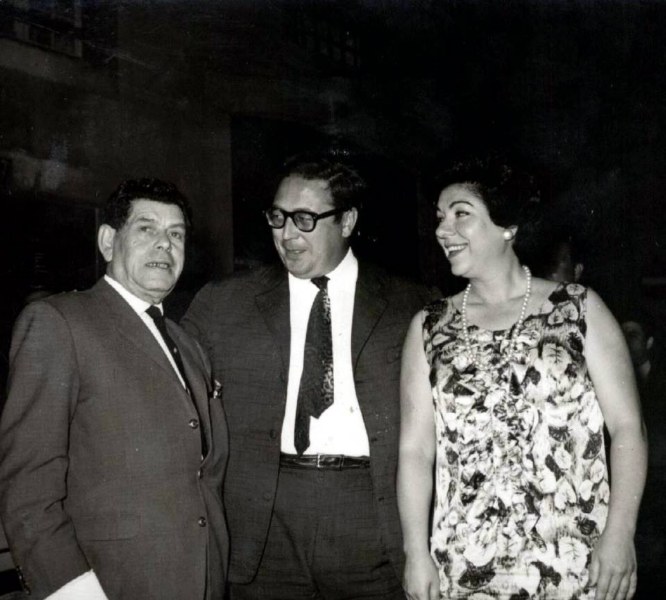
Alfredo Marceneiro e Lucília do Carmo s/d.
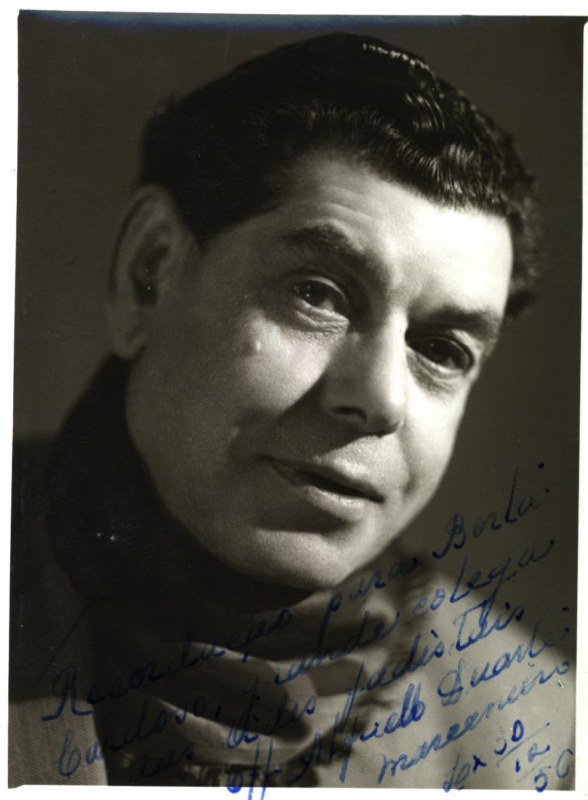
Alfredo Marceneiro s/d.
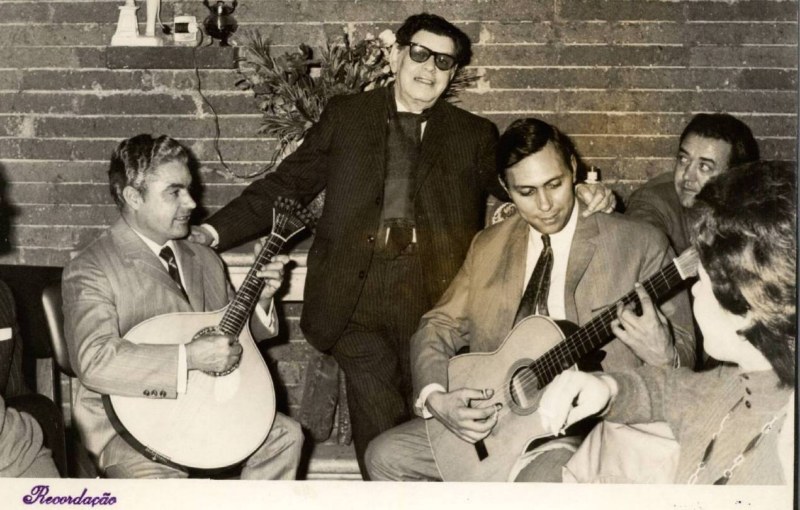
Alfredo Marceneiro Solar do Minho, s/d.
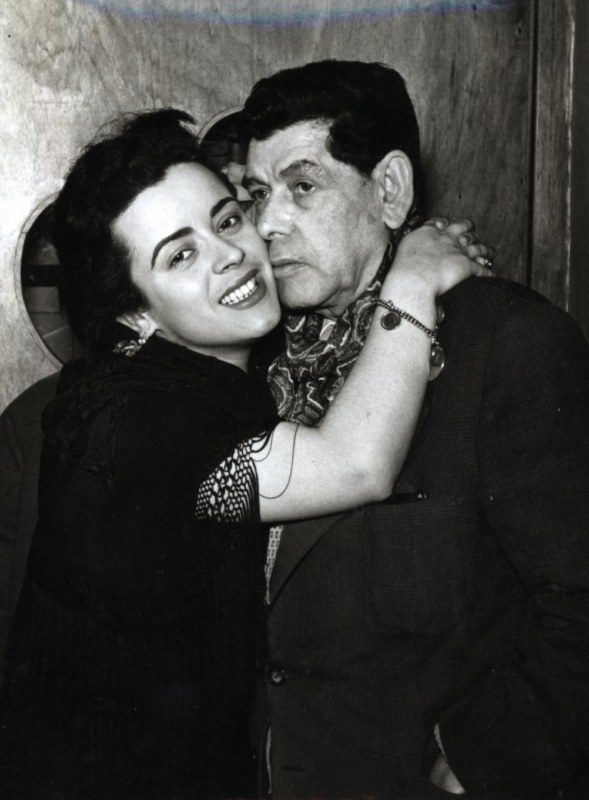
Fernanda Maria e Alfredo Marceneiro s/d.

Alfredo Marceneiro e Lucília do Carmo s/d.
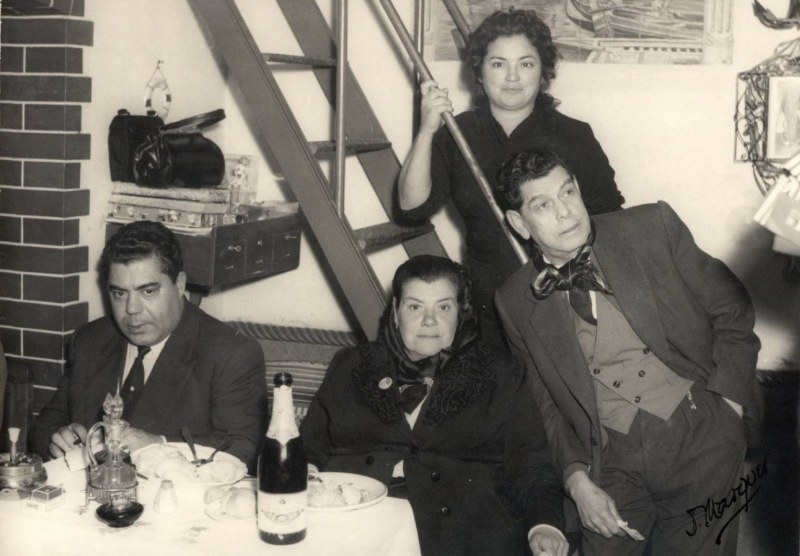
Argentina Santos e Alfredo Marceneiro Parreirinha de Alfama, s/d.
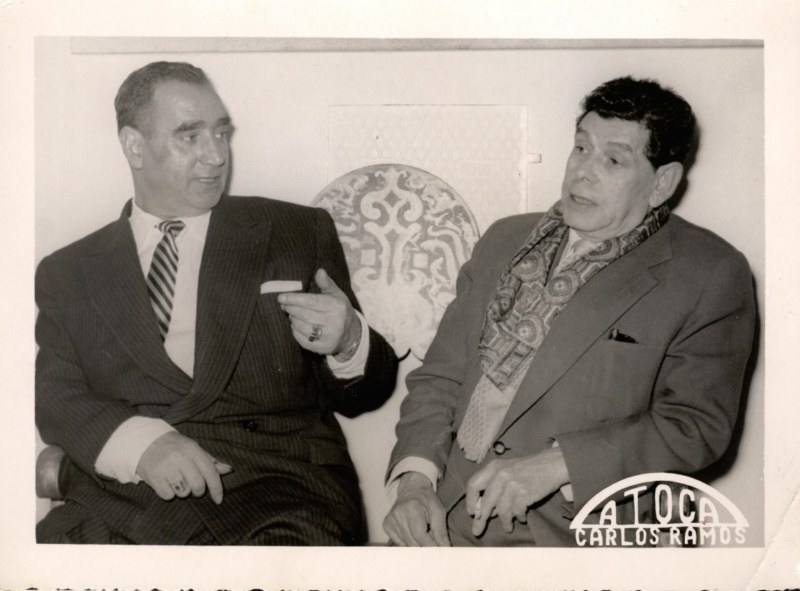
Carlos Ramos e Alfredo Marceneiro A Toca, s/d.

Alfredo Marceneiro Solar do Minho, s/d.
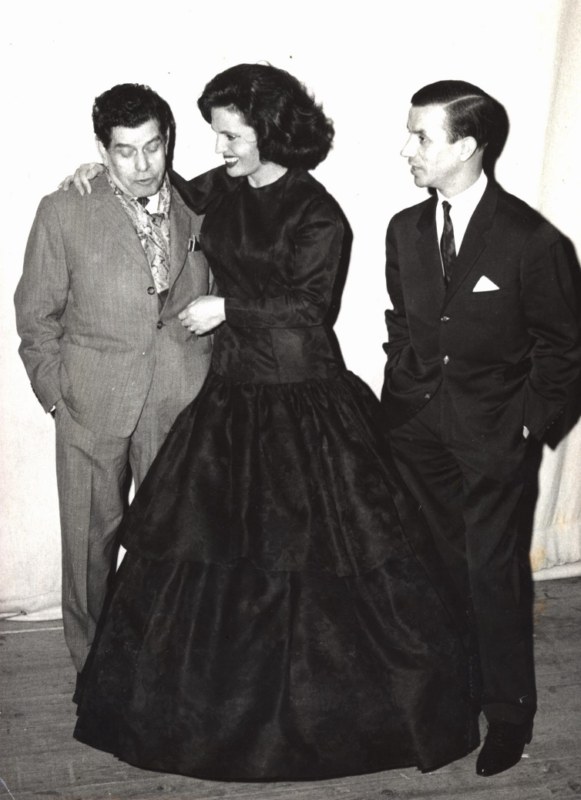
Alfredo Marceneiro, Amália Rodrigues e Fernando Farinha s/d.

Argentina Santos e Alfredo Marceneiro Parreirinha de Alfama, s/d.

Carlos Ramos e Alfredo Marceneiro A Toca, s/d.
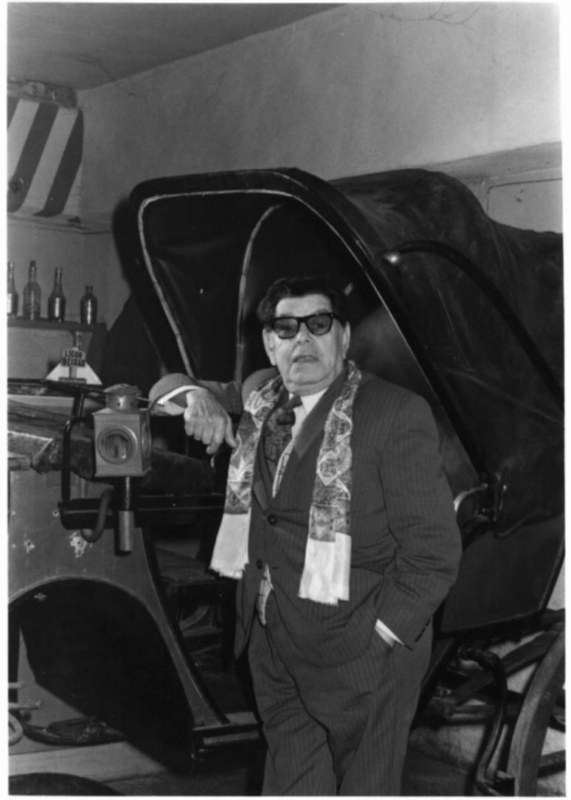
Alfredo Marceneiro s/d.
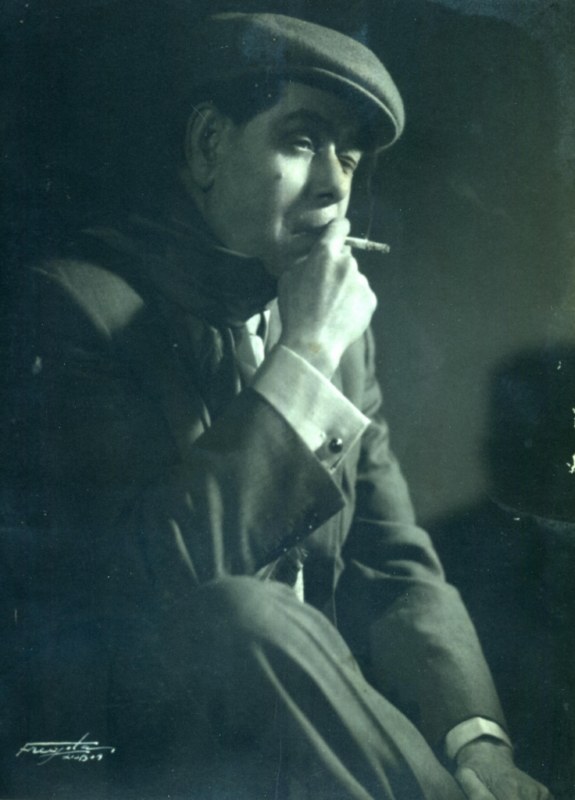
Alfredo Marceneiro s/d.

Alfredo Marceneiro, Amália Rodrigues e Fernando Farinha s/d.

Alfredo Marceneiro s/d.
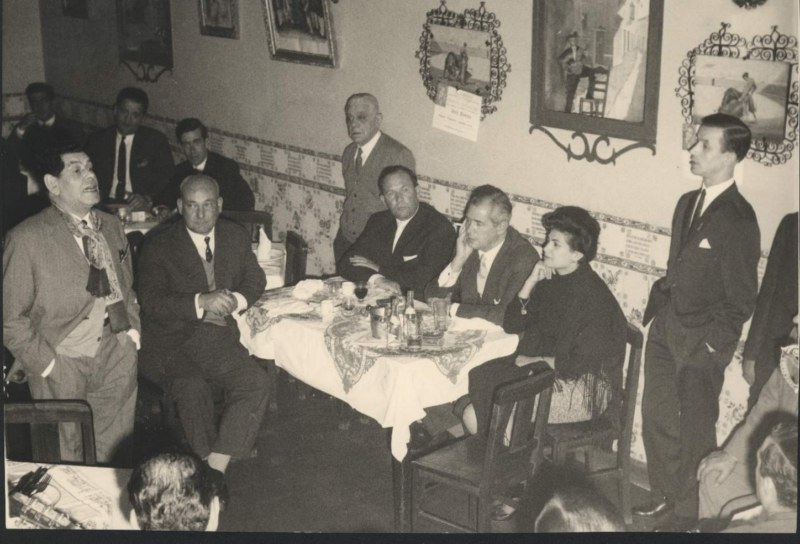
Alfredo Marceneiro, Sr. Mesquita, Eduarda Maria e Fernando Farinha Adega Mesquita, s/d.
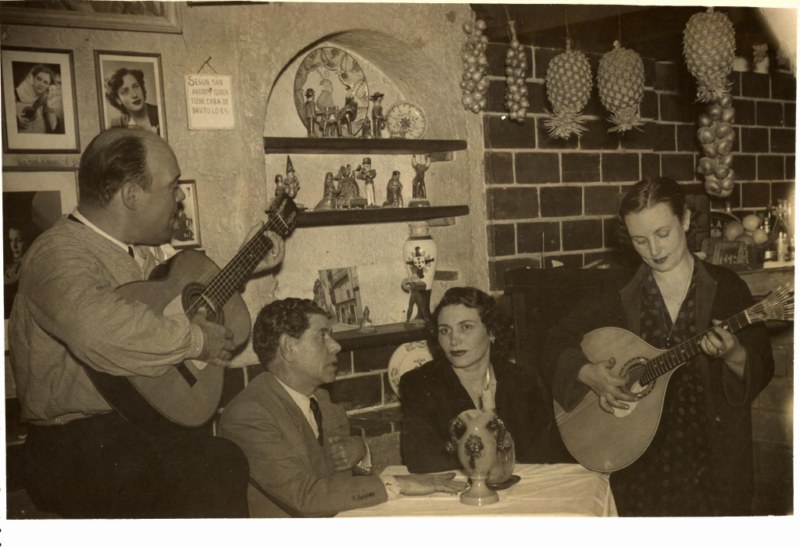
Maria Pereira, Maria de Lurdes Machado, Jacinto Pereira e Alfredo Marceneiro Adega Machado, s/d.

Alfredo Marceneiro s/d.
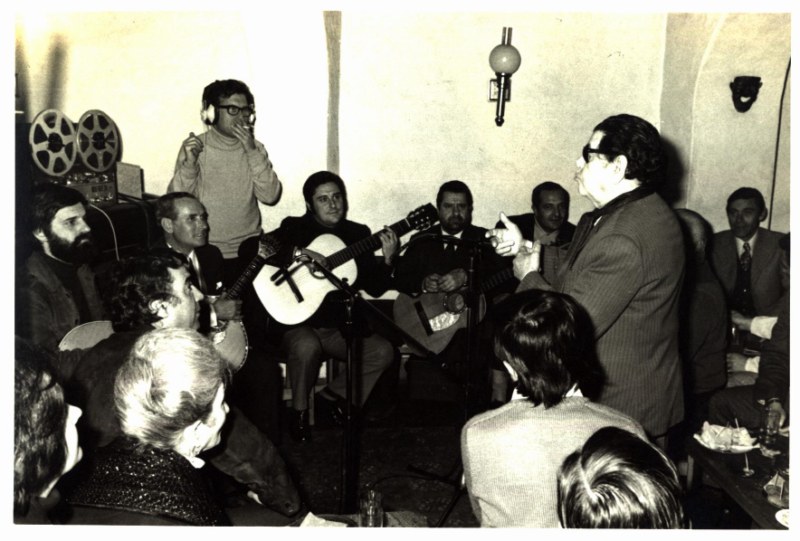
José Pracana, José Nunes, Paquito, José Inácio e Alfredo Marceneiro Arreda, Cascais, década de 1960.

Alfredo Marceneiro, Sr. Mesquita, Eduarda Maria e Fernando Farinha Adega Mesquita, s/d.
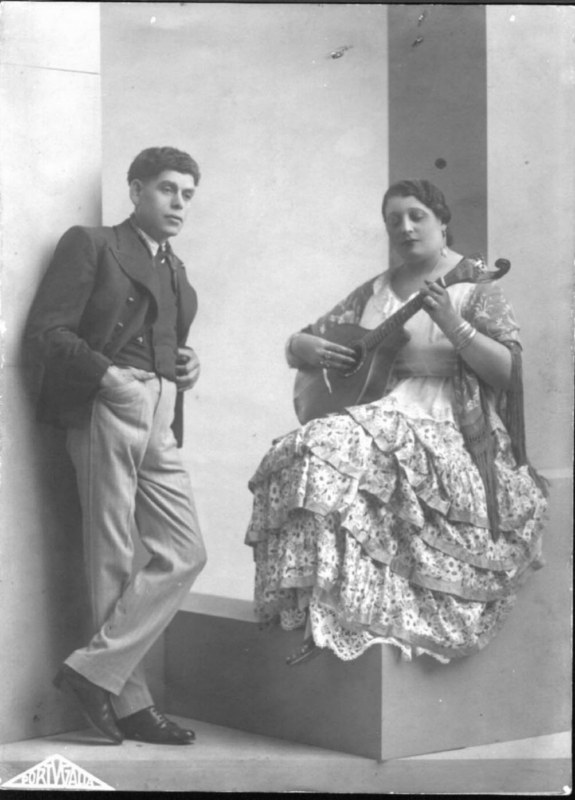
Alfredo Marceneiro e Maria do Carmo 1934

Maria Pereira, Maria de Lurdes Machado, Jacinto Pereira e Alfredo Marceneiro Adega Machado, s/d.
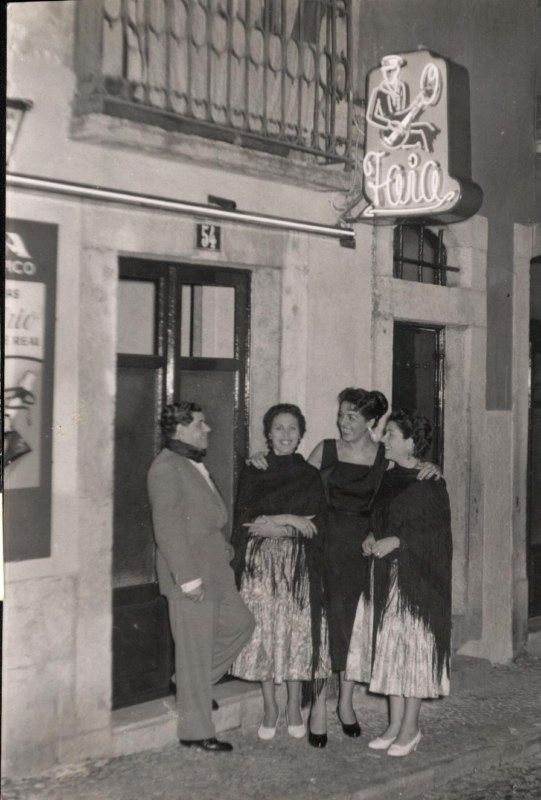
Alfredo Marceneiro e Lucília do Carmo Faia, s/d.
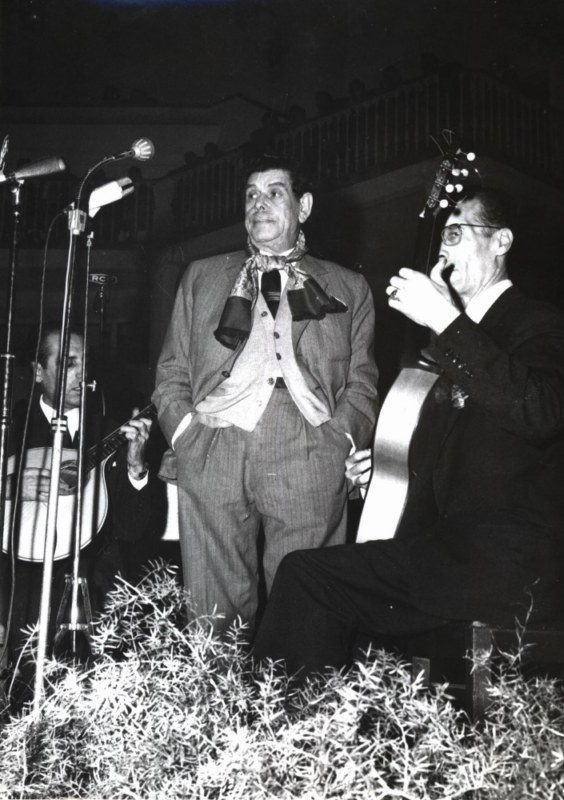
Alfredo Marceneiro Pavilhão dos Desportos, Prémio da Imprensa, 1964.

José Pracana, José Nunes, Paquito, José Inácio e Alfredo Marceneiro Arreda, Cascais, década de 1960.

Alfredo Marceneiro e Maria do Carmo 1934

Alfredo Marceneiro e Lucília do Carmo Faia, s/d.

Alfredo Marceneiro Pavilhão dos Desportos, Prémio da Imprensa, 1964.
-
A Casa da Mariquinhas Alfredo Marceneiro (Silva Tavares / Fado Corrido)
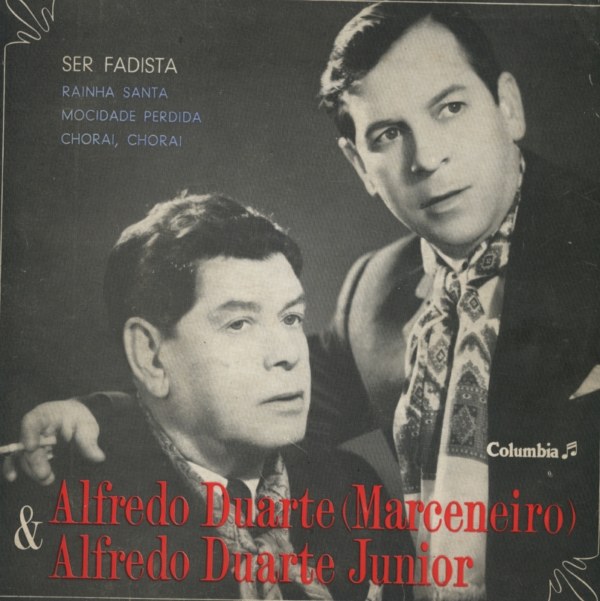
Alfredo Marceneiro / Alfredo Duarte Jr., Ser Fadista, Columbia SLEM 2164
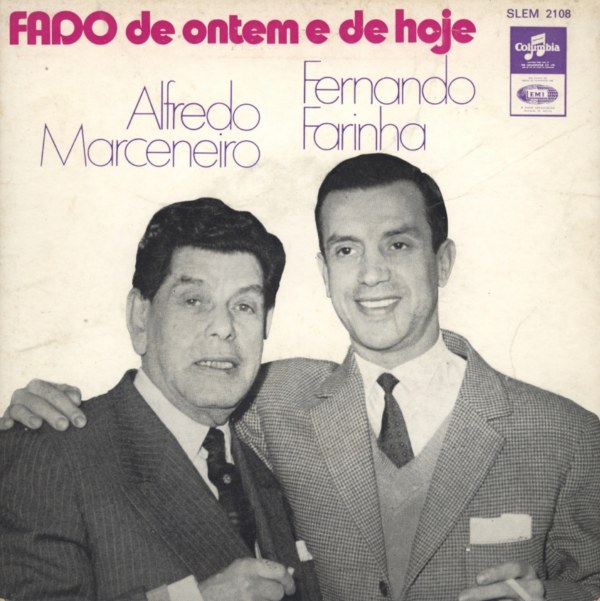
Alfredo Marceneiro / Fernando Farinha, Fado de Ontem e de Hoje, Columbia SLEM 2108
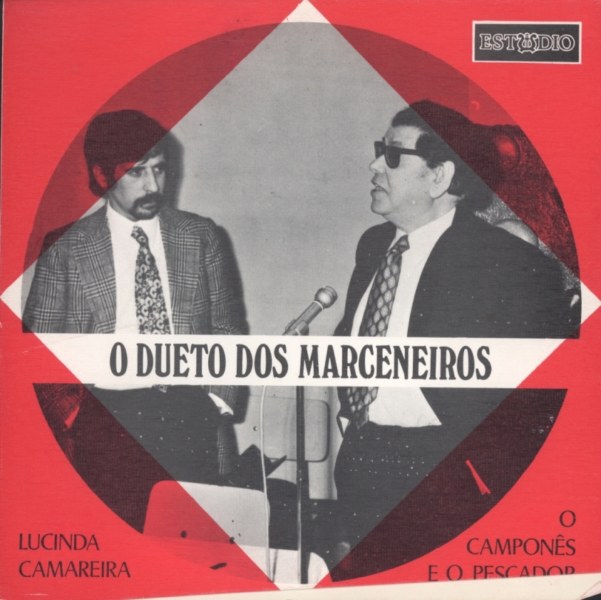
Alfredo Marceneiro / Vítor Duarte, O Dueto dos Marceneiros, Estudio EEP 50162
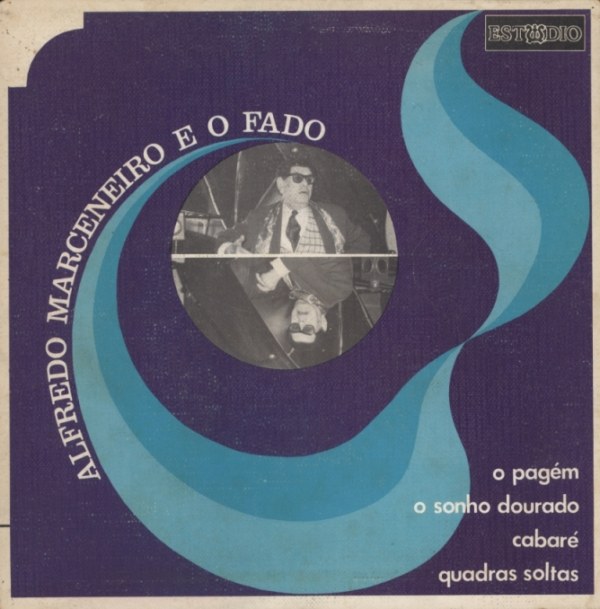
Alfredo Marceneiro e o Fado, Estudio EEP 50200
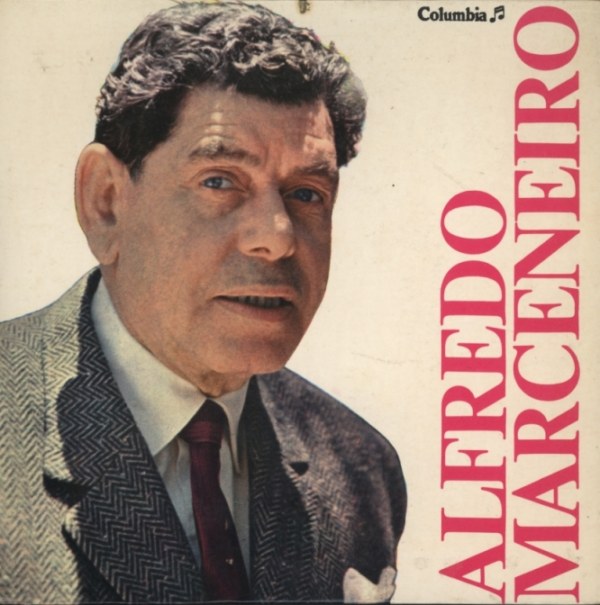
Alfredo Marceneiro, Columbia SLEM 2123
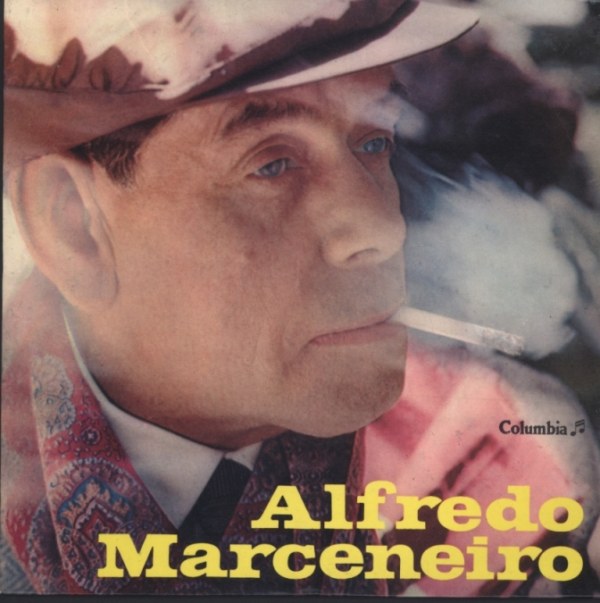
Alfredo Marceneiro, Columbia SLEM 2124

Bilhete de Festa Artística de | Tribute Concert to Alfredo Marceneiro, Parque Mayer, Lisboa | Lisbon, 1933
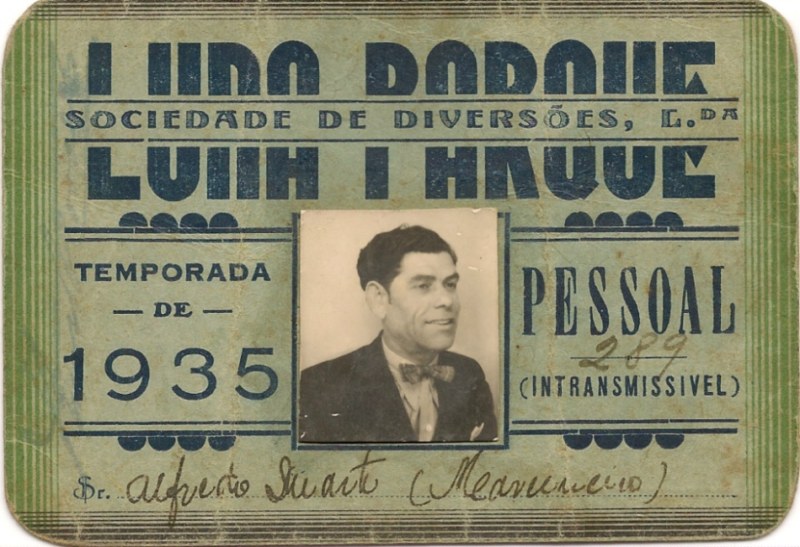
Bilhete de Identidade | Identity Card Luna Parque, Alfredo Marceneiro, Temporada | Season 1935
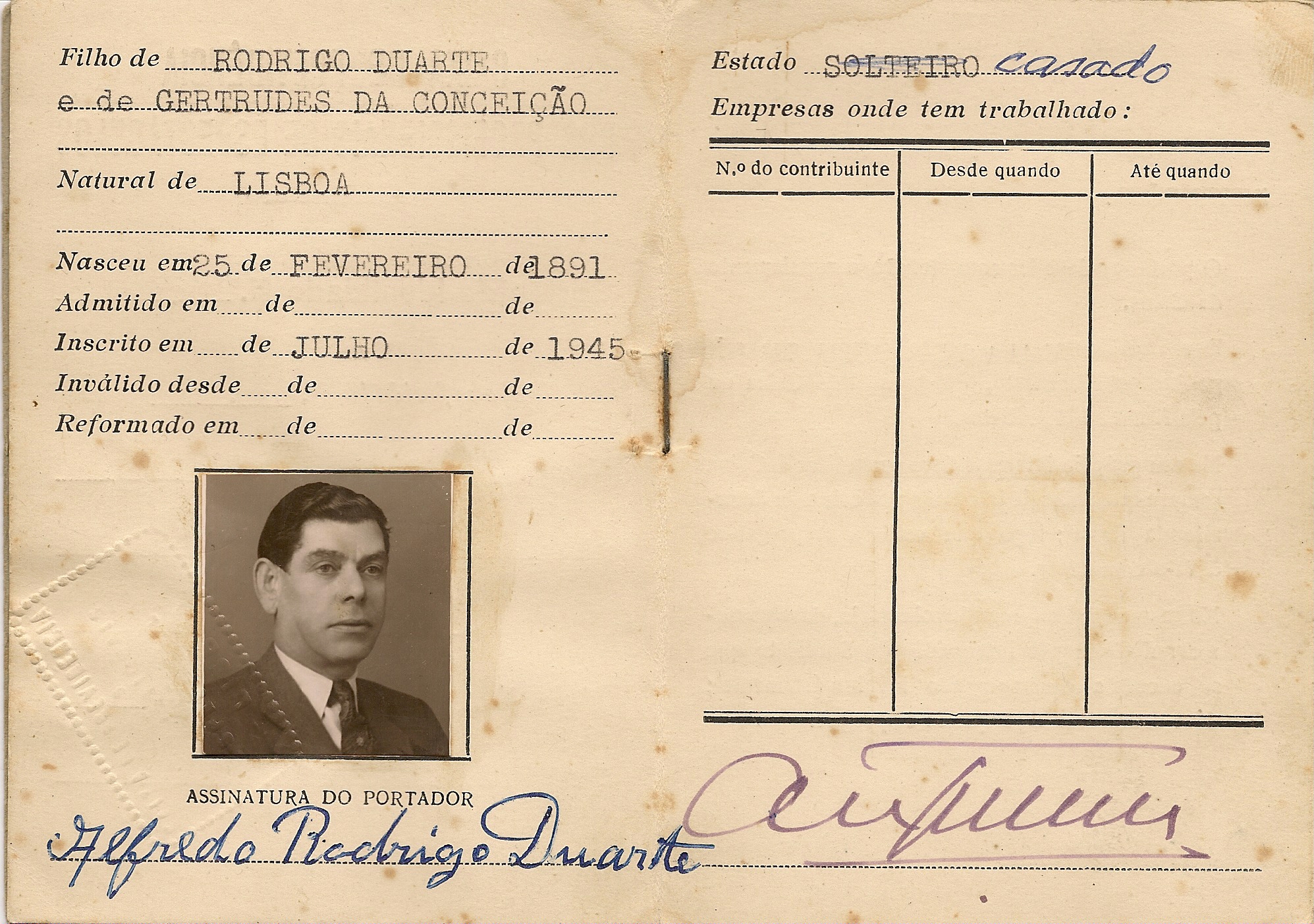
Cartão Caixa de Previdência | Social Welfare Identity Card de Alfredo Marceneiro, 1945
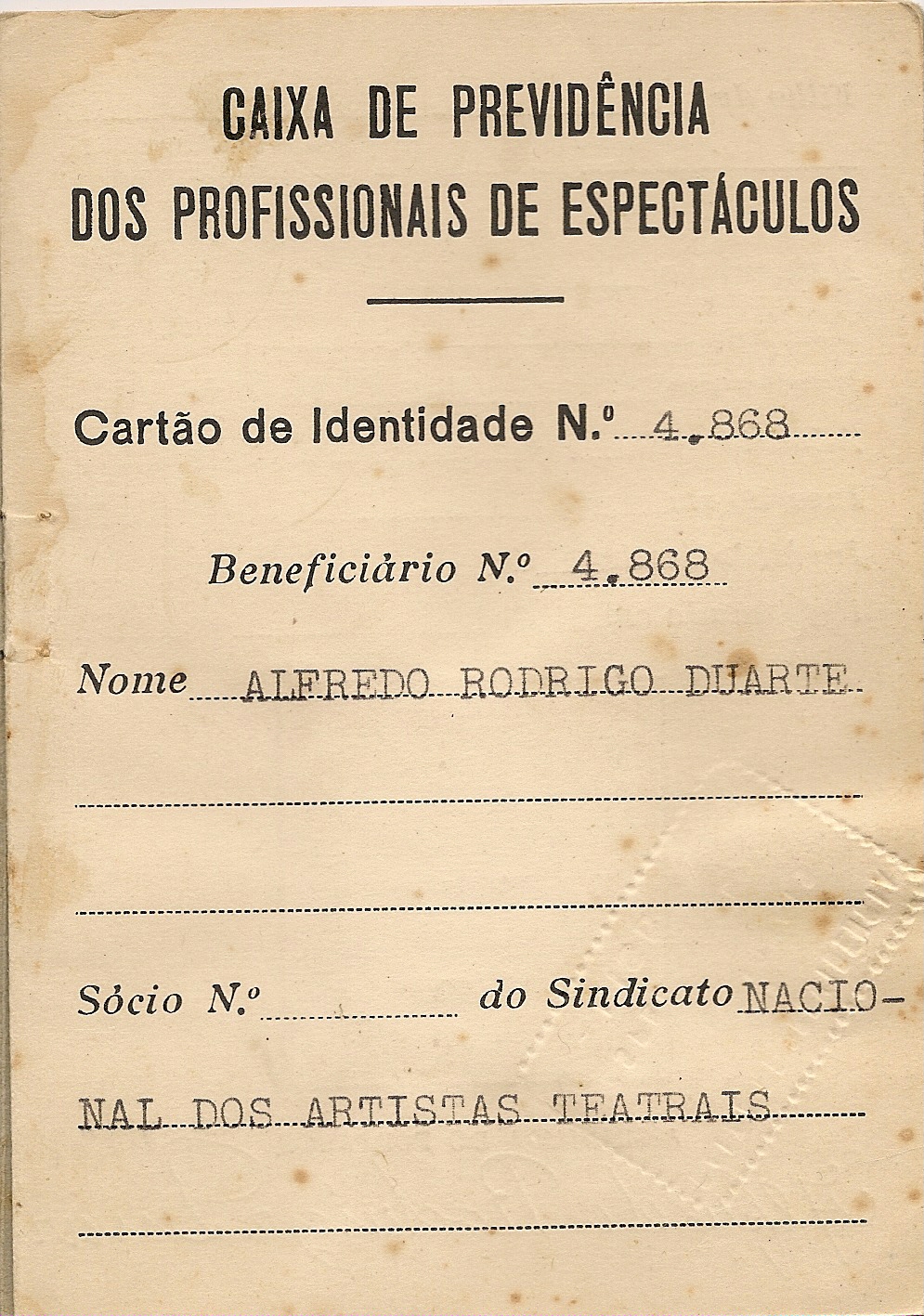
Cartão Caixa de Previdência | Social Welfare Identity Card de Alfredo Marceneiro, 1945
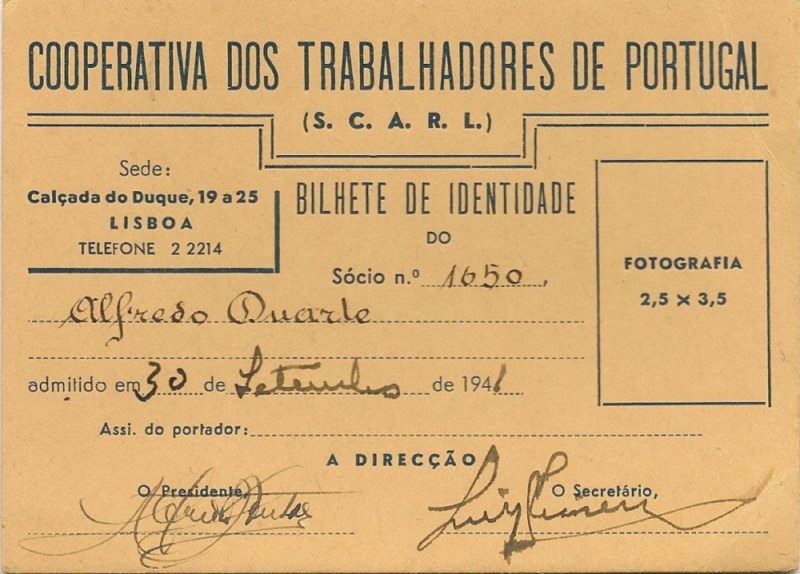
Cartão de Identidade da Cooperativa dos Trabalhadores de Portugal | Portugal's Workers Co-operative Society de Alfredo Marceneiro, 1941
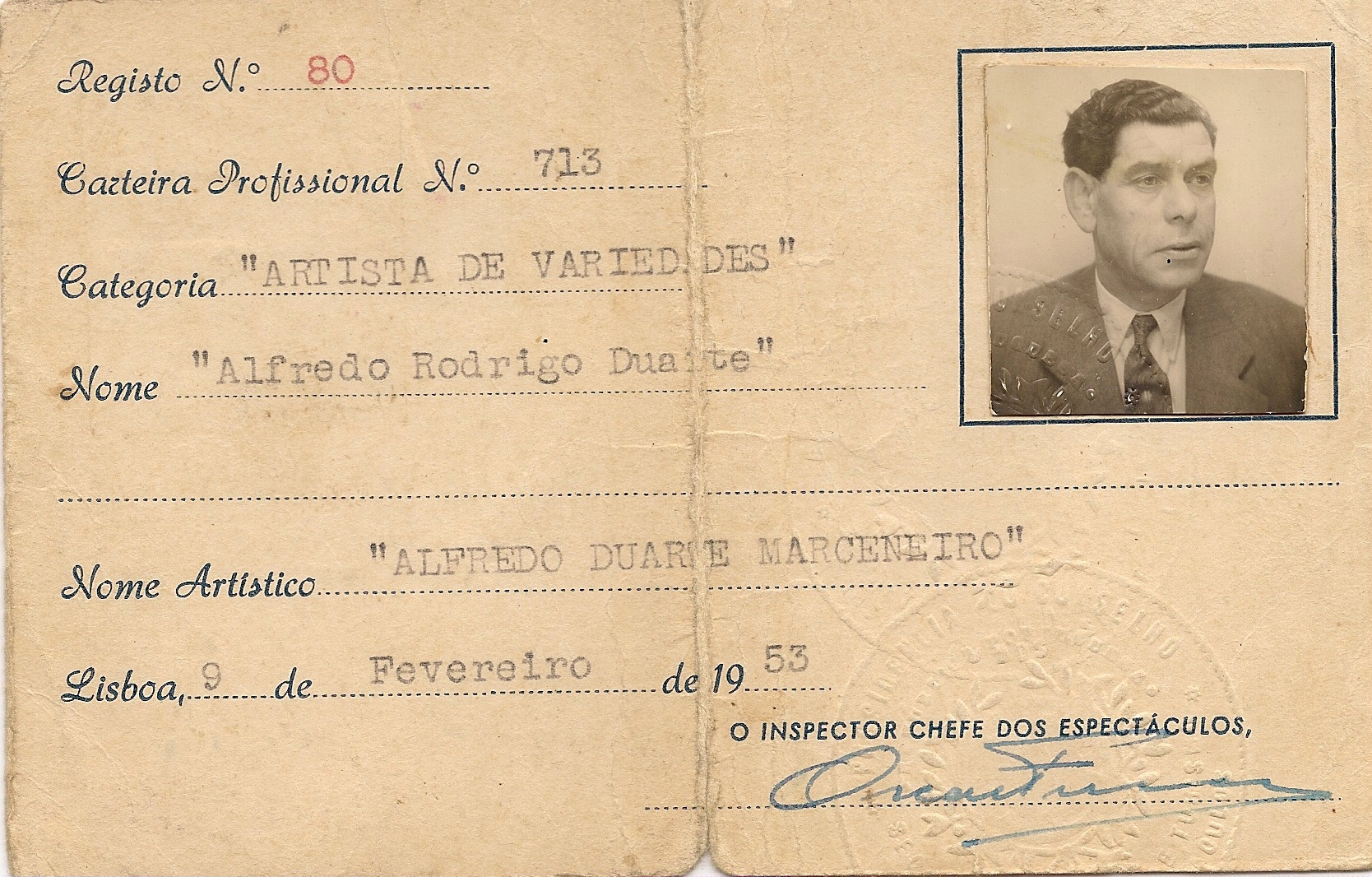
Cartão Profissional do Ministério da Marinha | Navy Ministry Professional Card, Alfredo Marceneiro, 1944
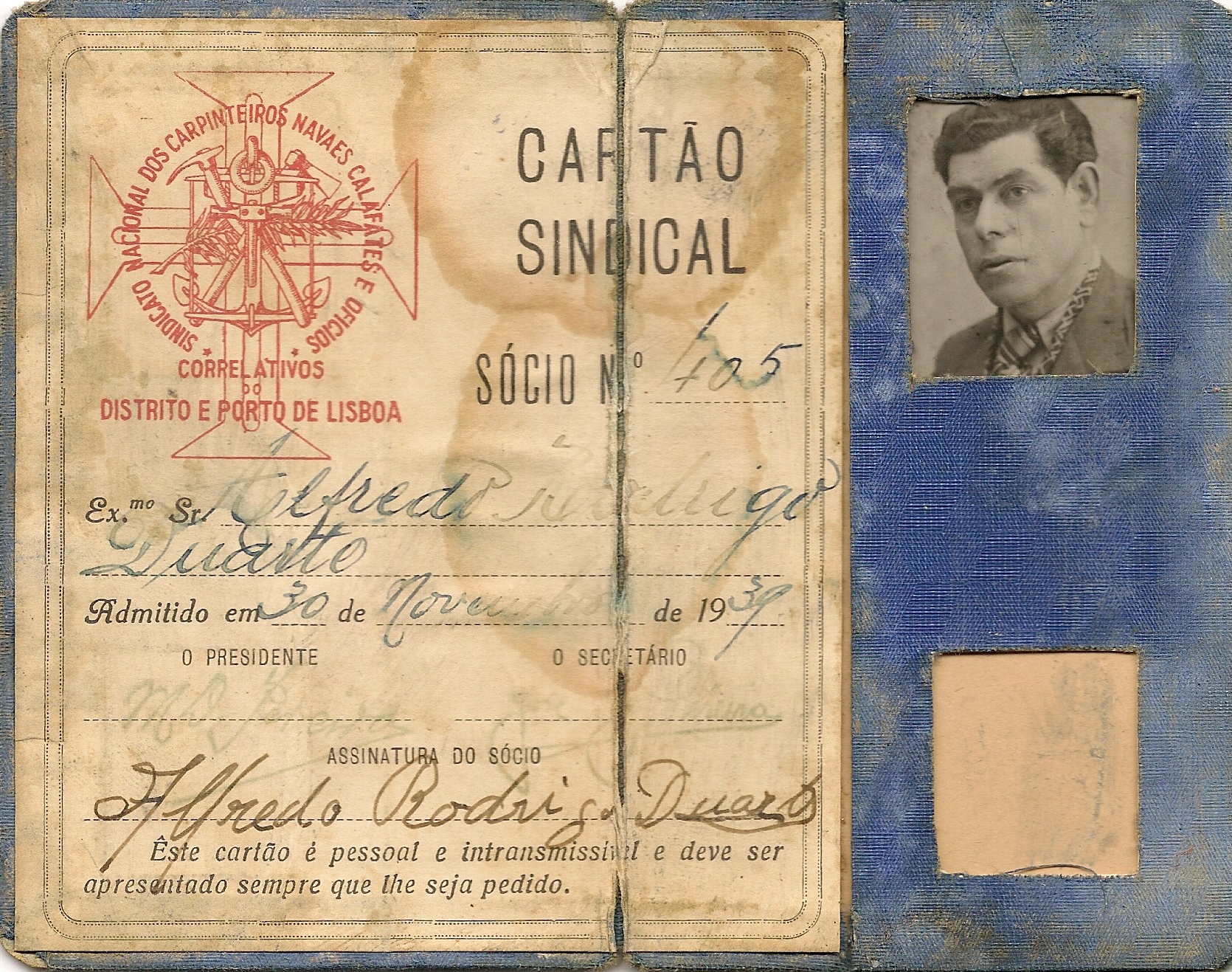
Cartão Sindical | Trade Union Card, Alfredo Marceneiro
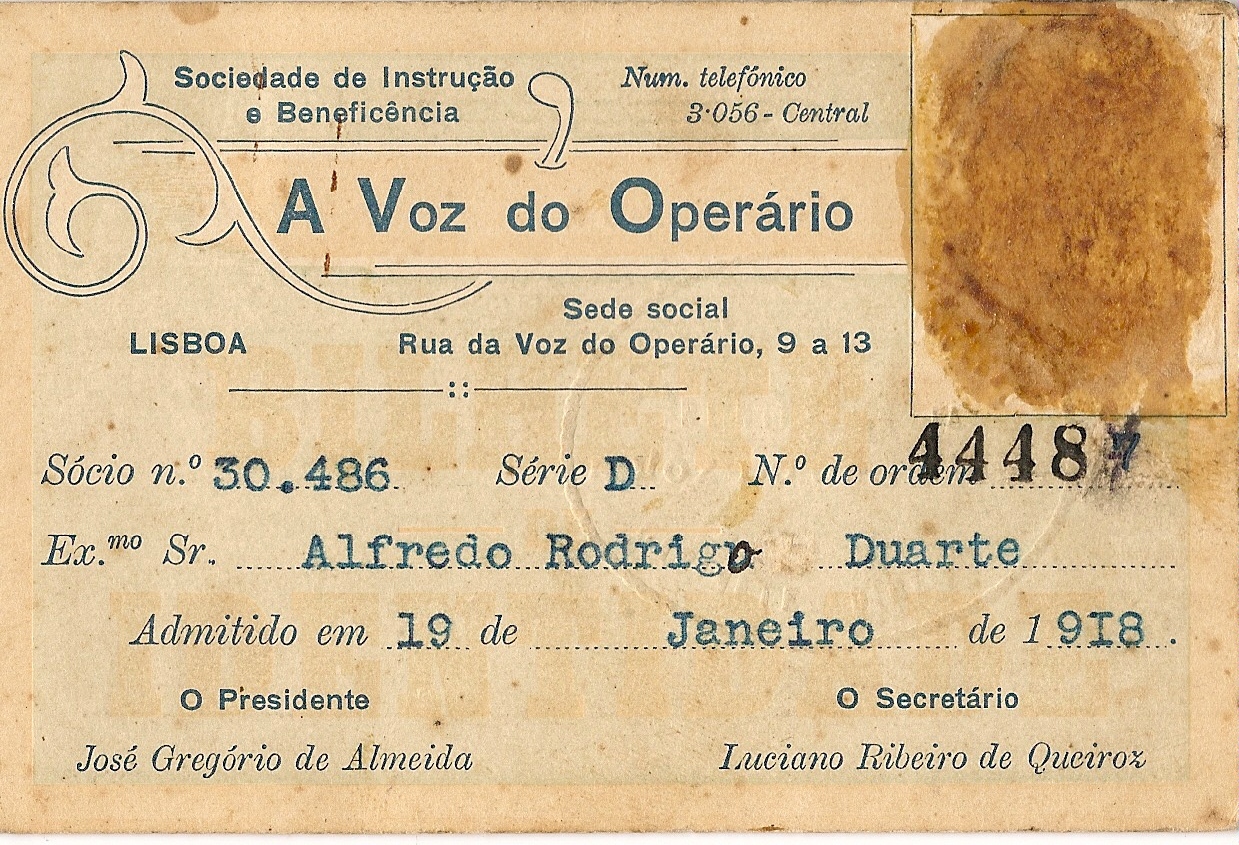
Cartão Sócio | Membership Card A Voz do Operário, Alfredo Marceneiro
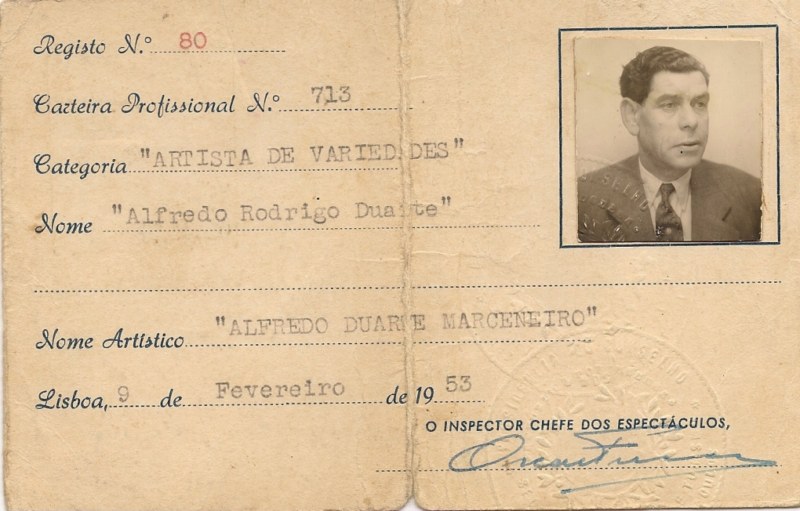
Carteira Profissional | Professional Card, Alfredo Marceneiro, 1953

Livro de Oiro de Alfredo Marceneiro | Golden Book Alfredo Marceneiro, 1938
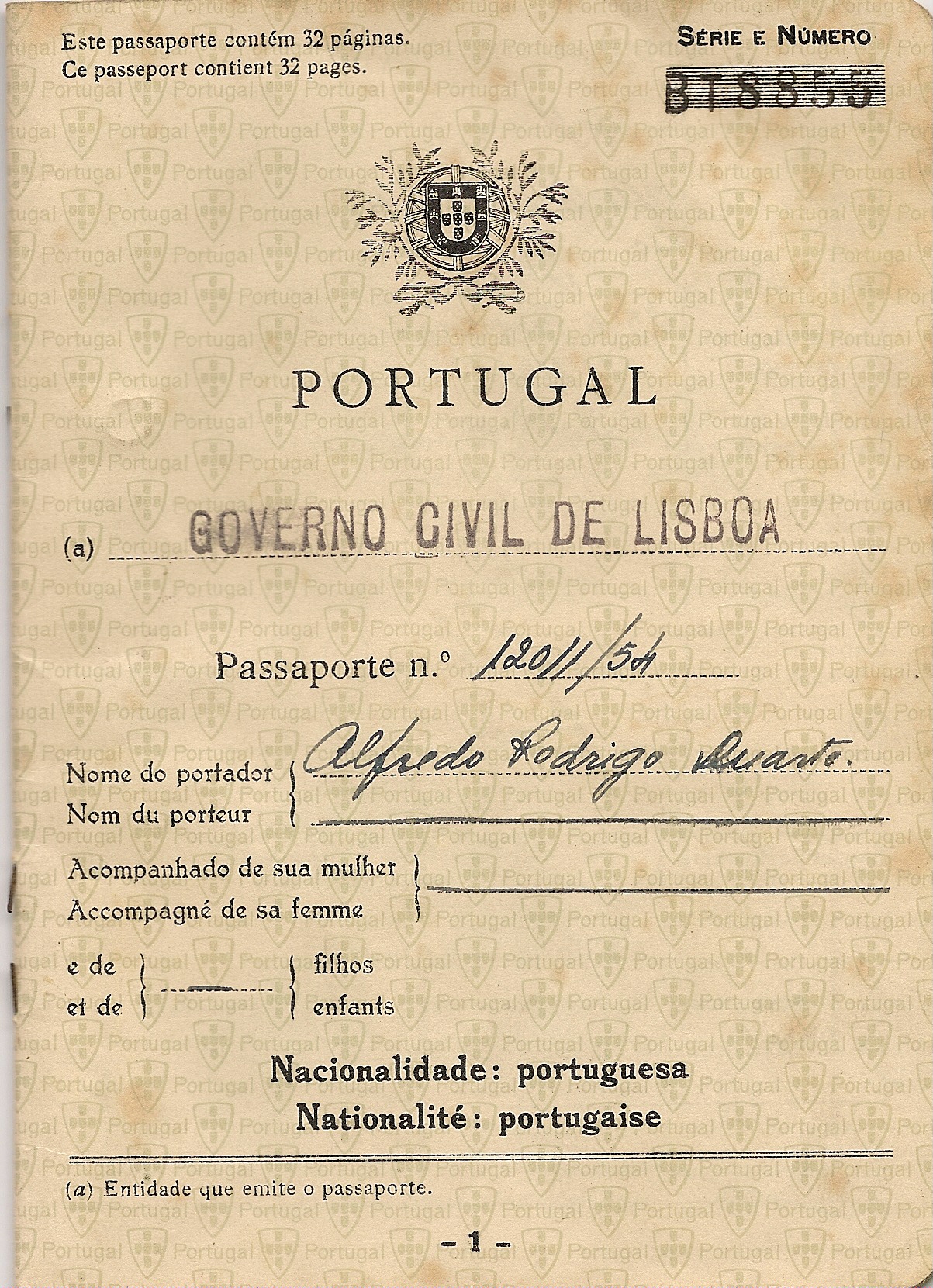
Passaporte de Alfredo Marceneiro, 1968, p.1
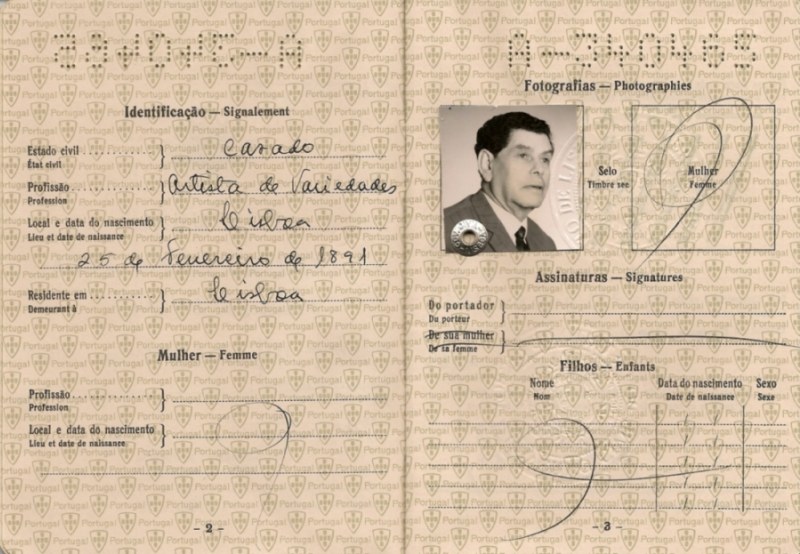
Passaporte de Alfredo Marceneiro, 1968, p.2/3
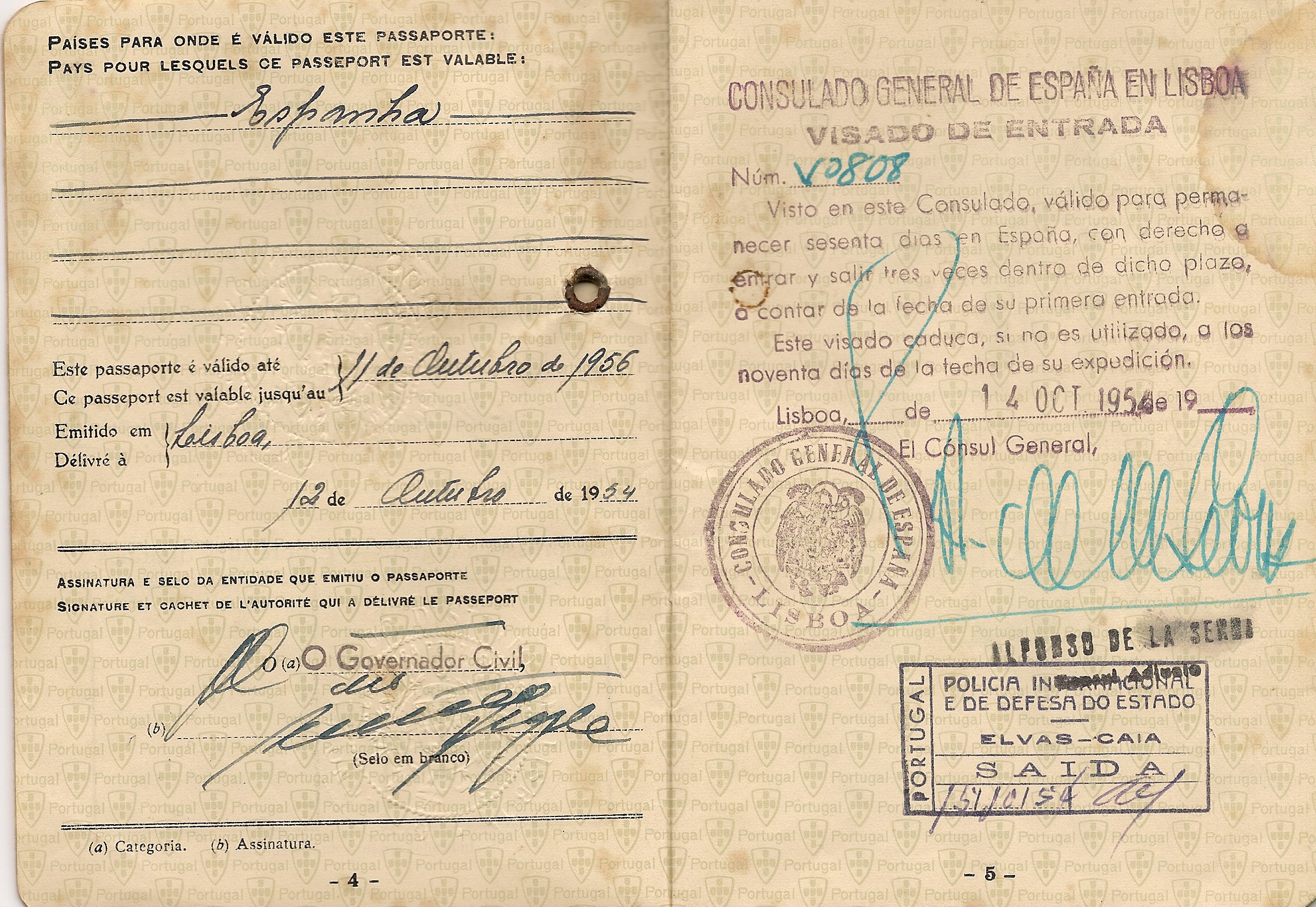
Passaporte de Alfredo Marceneiro, 1968, p.4
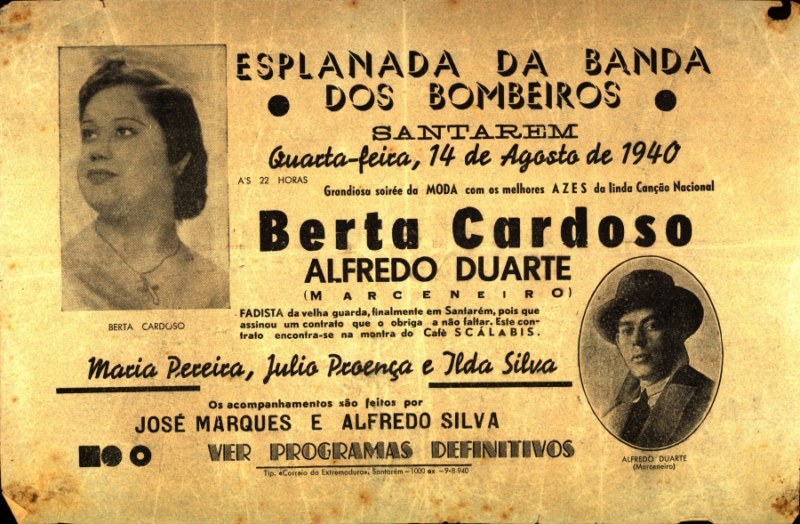
Bombeiros de Santarém, 1940
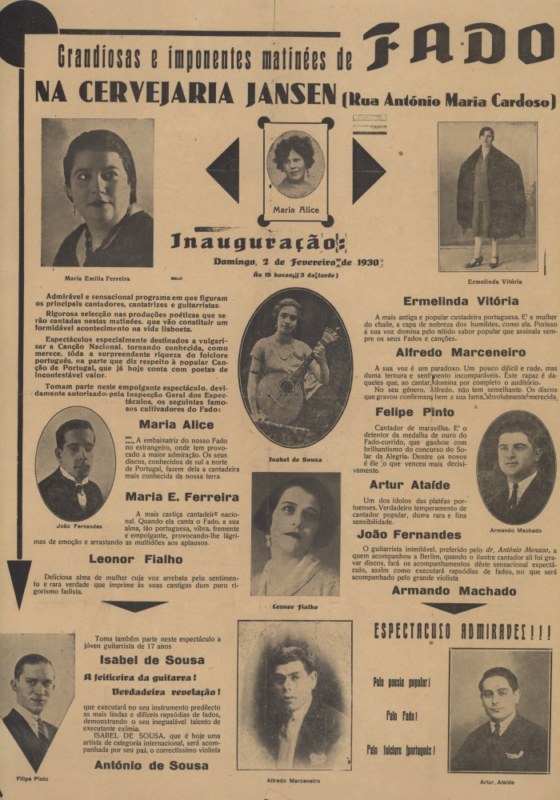
Cervejaria Jansen, 1930
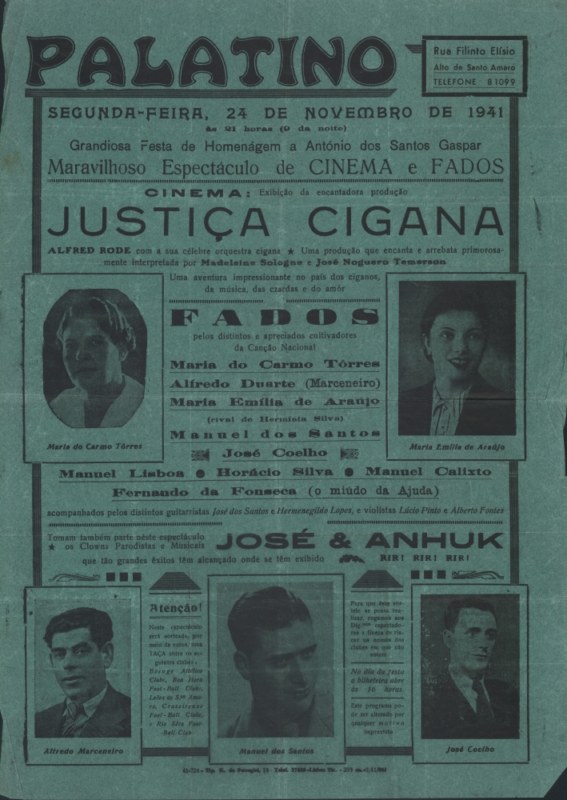
Cinema Palatino, 1941
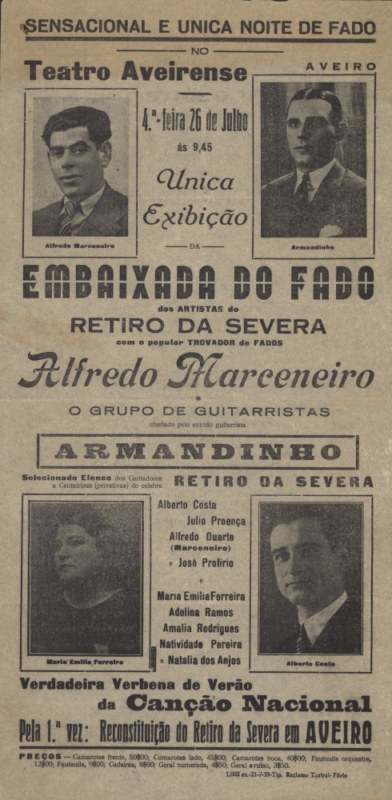
Teatro Aveirense, Aveiro, 1939
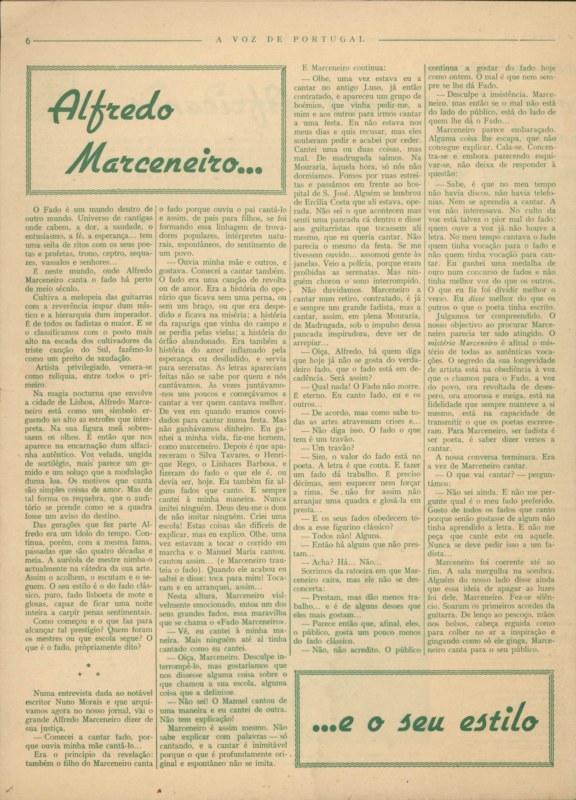
A Voz de Portugal, 1 de Outubro | October 1957, p. 6
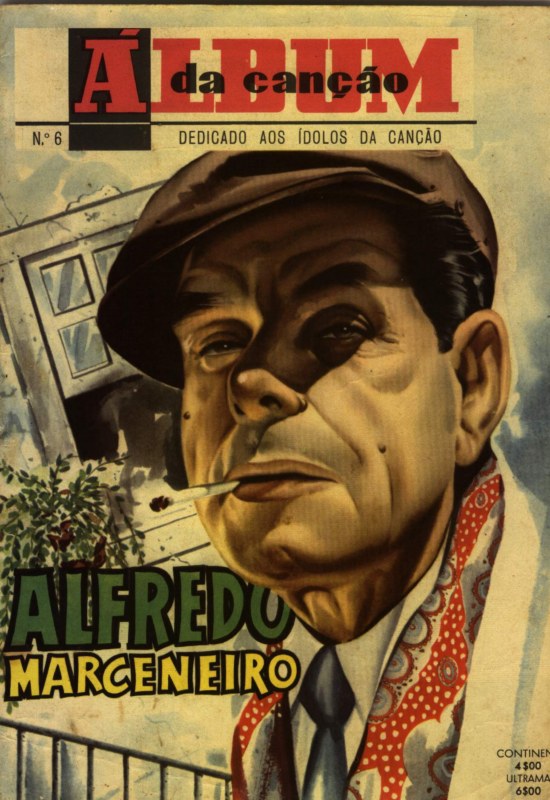
Álbum da Canção, 1 de Agosto | August 1963
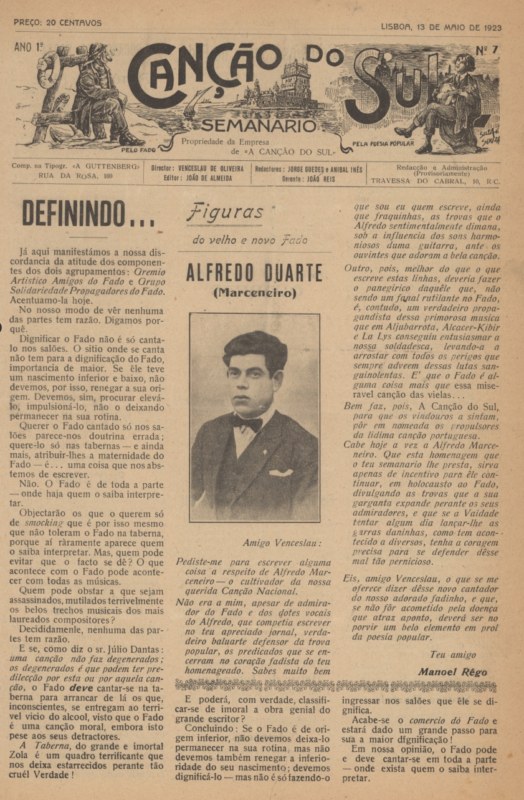
Canção do Sul, 13 de Maio | May 1923
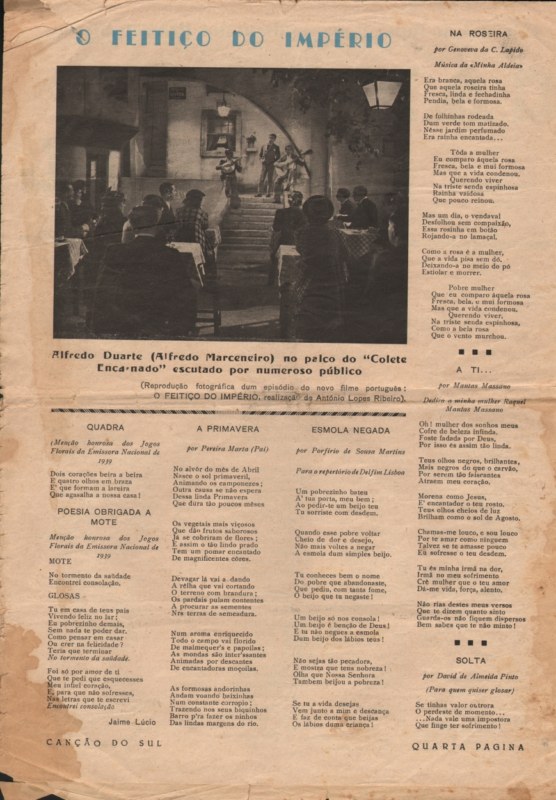
Canção do Sul, 16 de Abril | April 1939, p. 4
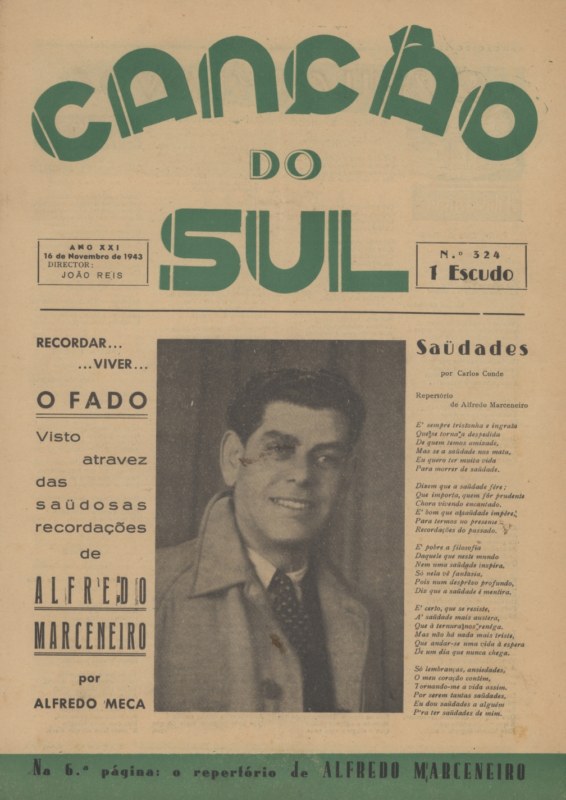
Canção do Sul, 16 de Novembro | November 1943
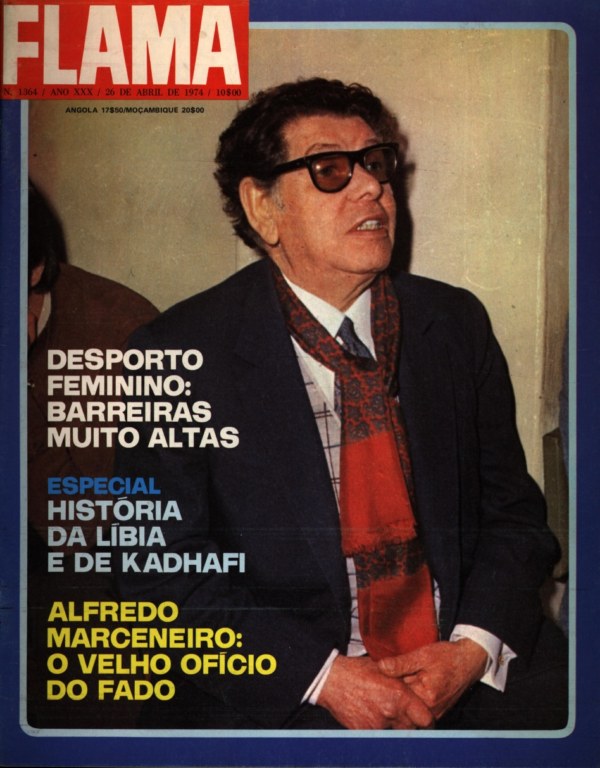
Flama, 26 de Abril | April 1974
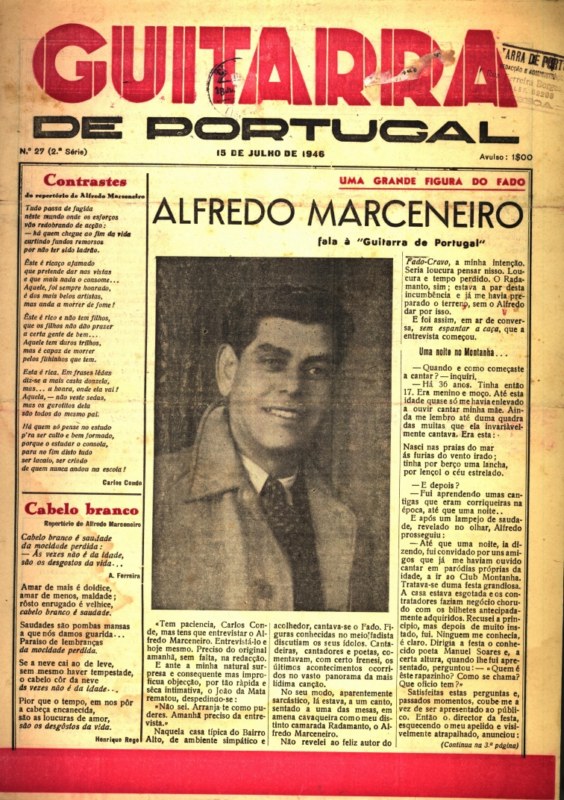
Guitarra de Portugal, 15 de Julho | July 1946
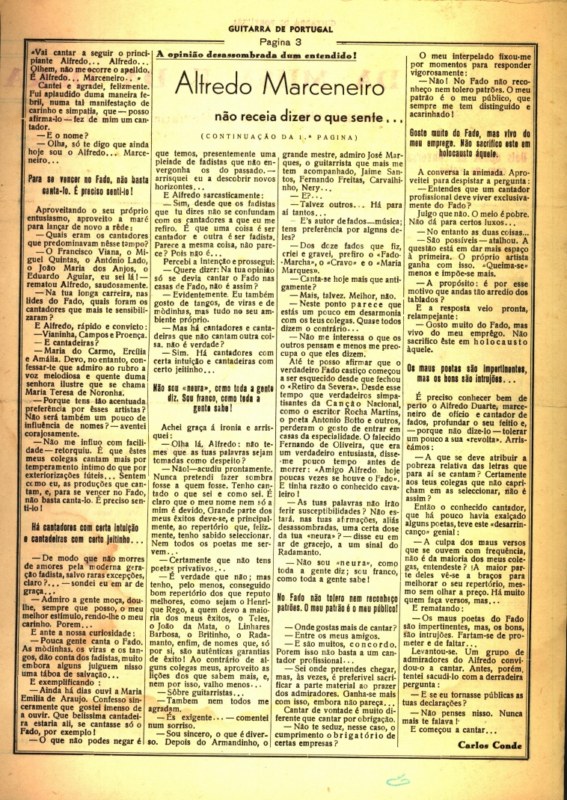
Guitarra de Portugal, 15 de Julho | July 1946, p. 3
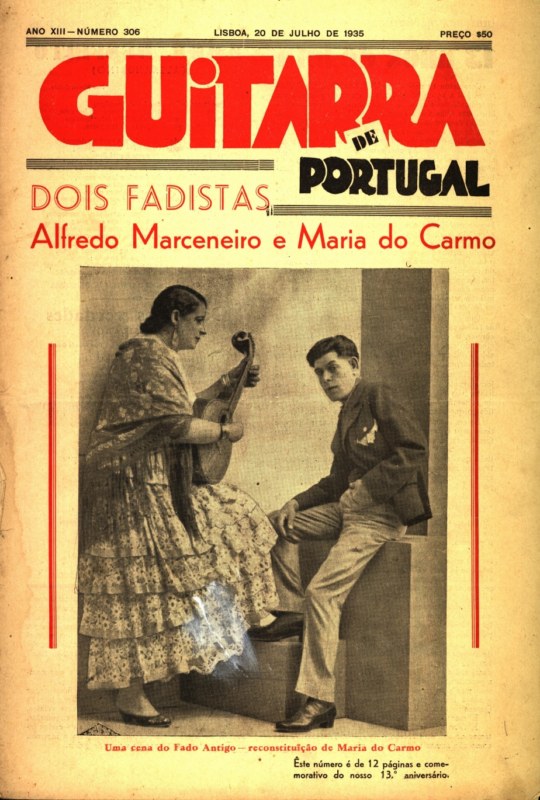
Guitarra de Portugal, 20 de Julho | July 1935
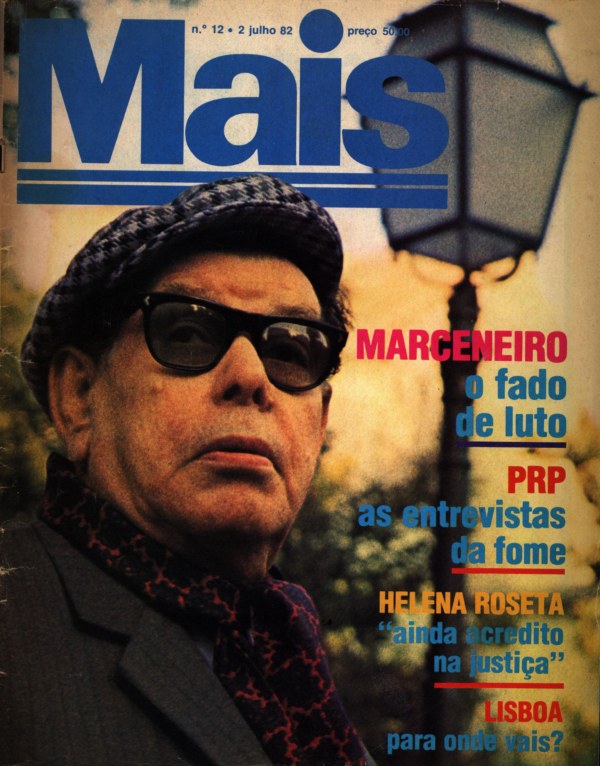
Mais, 2 de Julho | July 1982
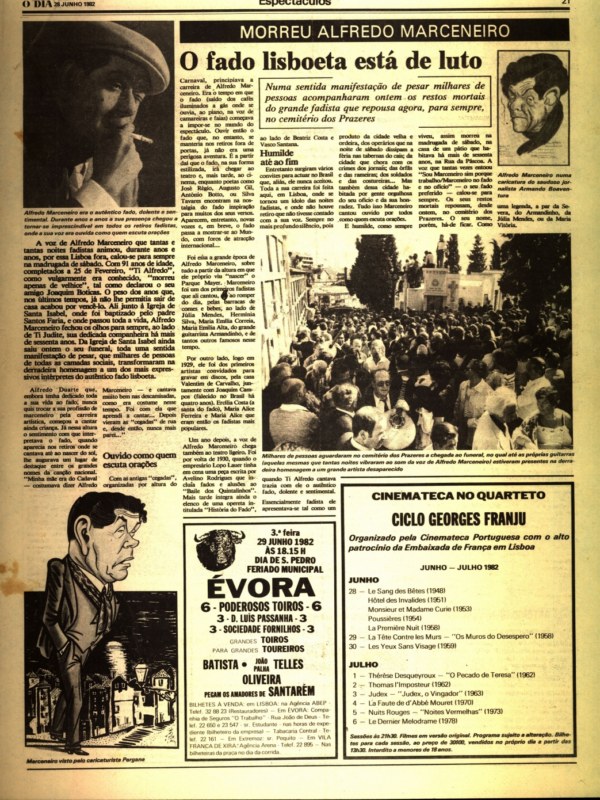
O Dia, 28 de Junho | June 1982, p. 21
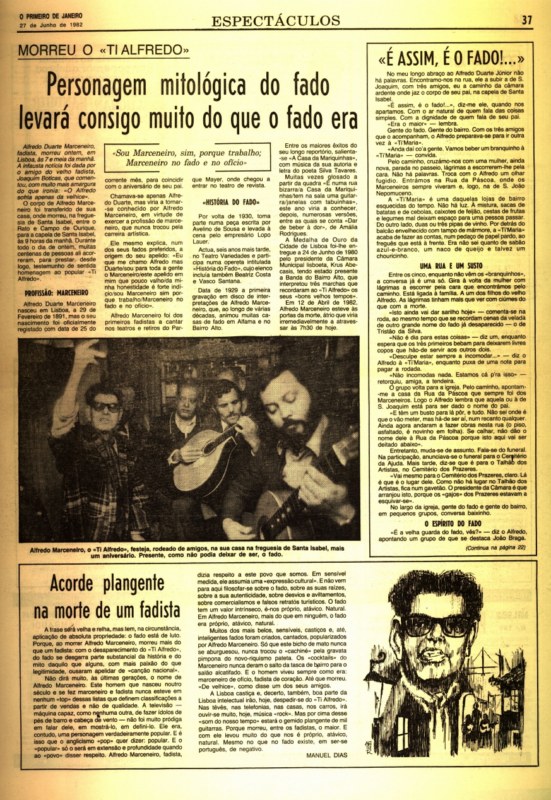
Primeiro de Janeiro, 27 de Junho | June 1982, p. 37
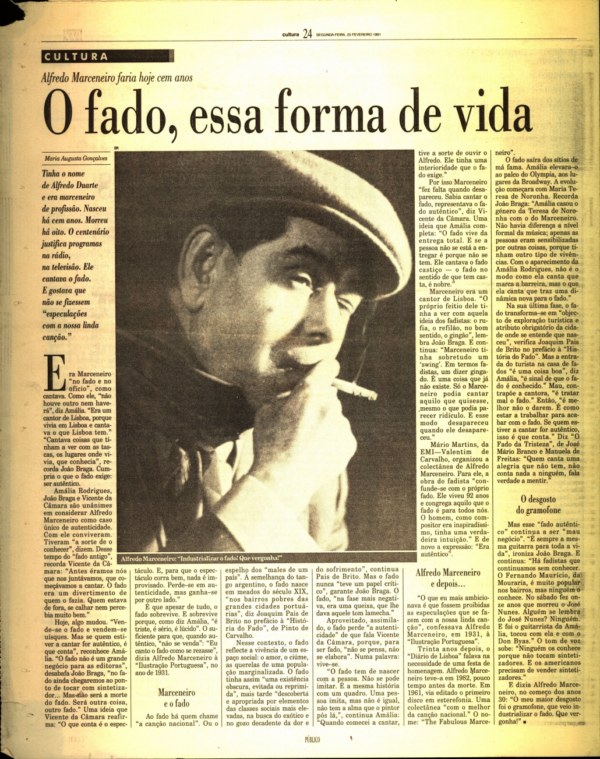
Público, 25 de Fevereiro | February 1991, p. 24
